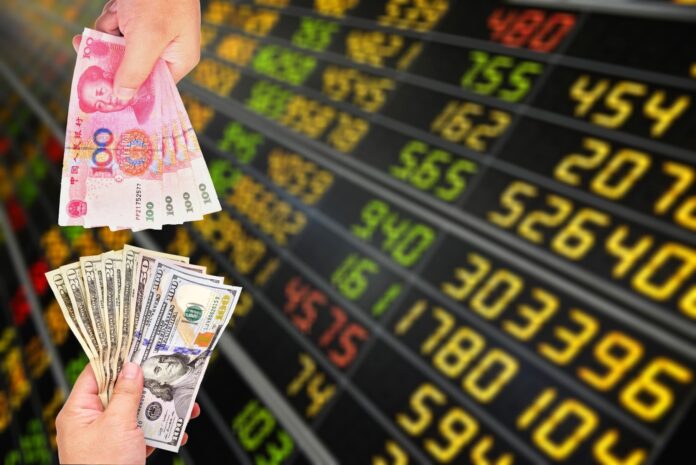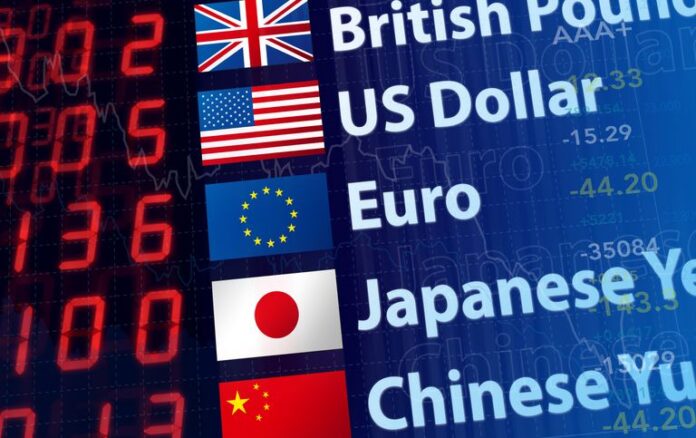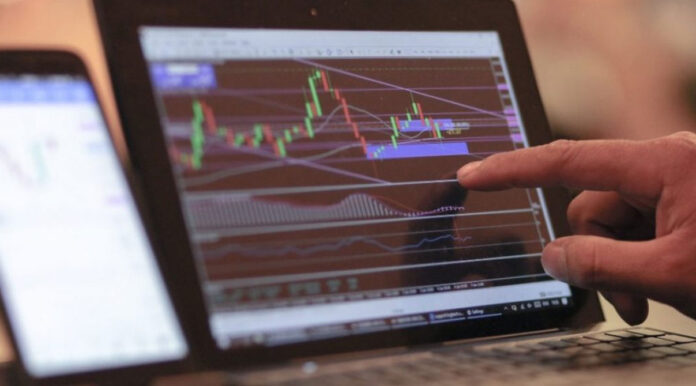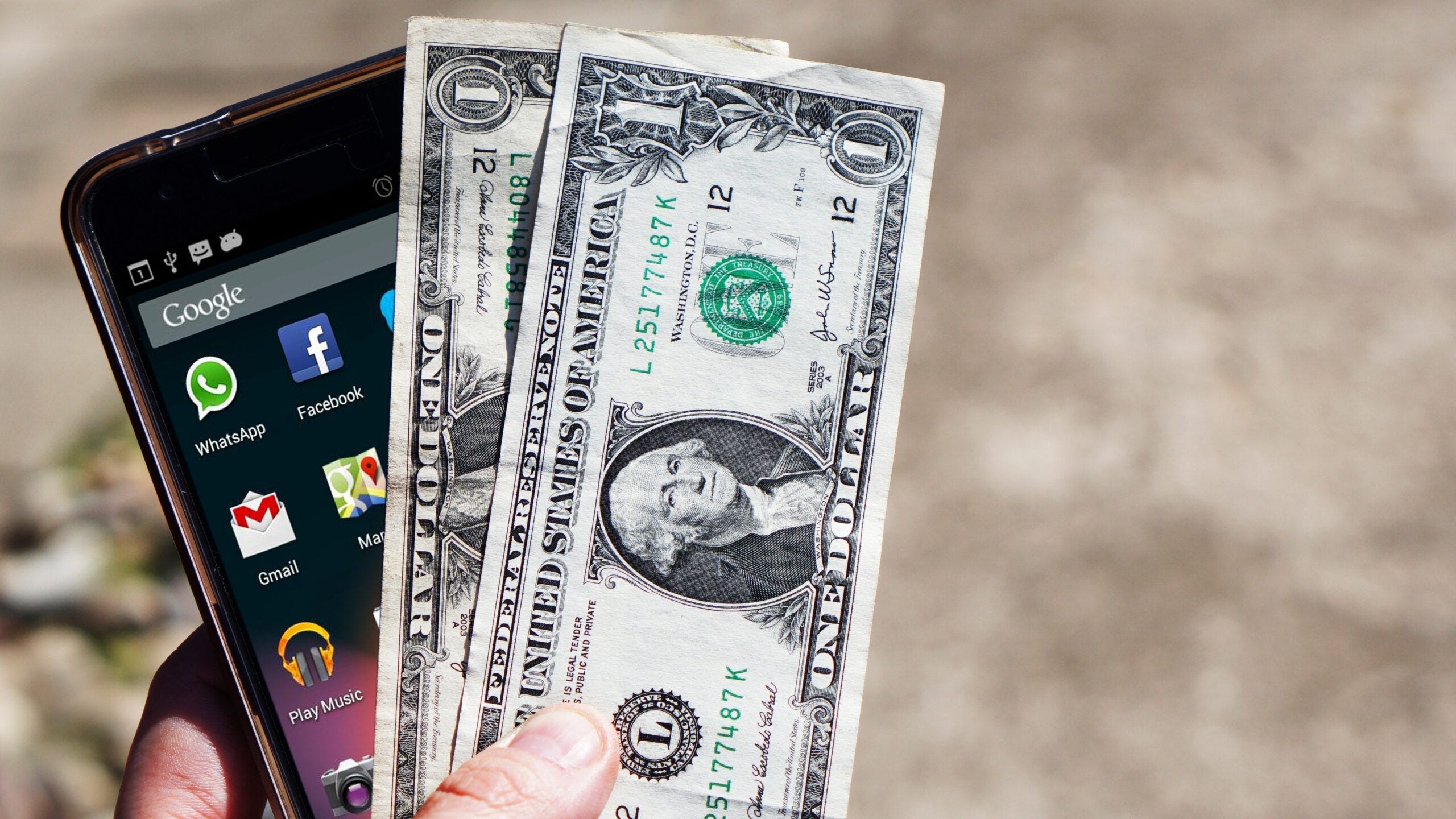Trading in the foreign exchange market can be a tricky business, but if you want to get ahead of the competition, you’ll want to know all the ins and outs. In this blog, we’re going to take a deep dive into understanding how the foreign exchange market works and uncover all its secrets! So, buckle up and let’s get started on our journey to mastering the international money markets!
Introduction to the Foreign Exchange Market
The foreign exchange market (Forex, FX, or currency market) is a global decentralized or over-the-counter (OTC) market for the trading of currencies. This market determines foreign exchange rates for every currency and it includes all aspects of buying, selling, and exchanging currencies at current or determined prices. It is the world’s largest financial market, with daily trading volume exceeding $5 trillion per day as of 2019.
The Forex market operates 24 hours a day, five days a week, and it has no single physical location or central exchange. Instead, it is made up of a global network of banks and dealers that facilitate currency trading electronically. Banks and other financial institutions are the primary participants in this intertwined system. However, individual investors can also get involved by simply setting up an account through one of these providers and then buying or selling currencies on their own behalf without having to interact directly with them – through brokers will typically be used to enable this process in the most efficient way possible.
When trading on Forex markets, an individual is trying to predict the movements which will occur in the future regarding any particular currency pair or other asset listed on any given exchange. For example, if you believe that the US Dollar will appreciate against the British Pound you could purchase what’s called a ‘long’ position in this currency pair – essentially investing money in anticipation of future gains being made when that pair rises in value against one another. Alternatively, if you believed that either you couldn’t predict its movements at all or alternatively felt confident that they would depreciate then you might decide to sell those same currencies instead by ‘shorting’ the position; making money from their relative fall while avoiding risk from any potential unexpected gains they might make against each other over time!
Currency Exchange Rates

When two countries have different currencies, it’s essential to convert one currency into another in order to be able to purchase goods or services from the other country.
To understand the basics of how the foreign exchange market works, it’s essential to understand how exchange rates are calculated, what affects them, and why they can fluctuate over time.
All the detailed info can be found at Remessa Online.
Beyond the daily fluctuations of active exchange markets, individuals often encounter situations where they need to convert older, no longer legal tender.
Many countries periodically update their currency designs, rendering older banknotes and coins obsolete for everyday transactions.
While these may not be accepted in shops, they often retain a value that can be exchanged through specialized services. For those holding onto old foreign notes, finding a reliable way to convert these paper bills to exchange for cash can be a significant benefit.
For instance, you might need to trade in outdated Japanese coins or banknotes that have been withdrawn from circulation.
Understanding these less common forms of currency exchange is crucial for managing international finances effectively.
Economic Factors
The performance of an economy – or its potential performance – is seen as a strong indication of how much demand there will be for its currency; this in turn affects the rate at which investors are willing to buy and sell its currency on the international market. Strong employment data and GDP figures can lead to higher demand for a country’s currency due to increased investor confidence. On the other hand, low GDP growth figures or high unemployment could lead to reduced investor confidence in an economy’s future prospects, resulting in lower demand for its currency with concomitant depreciation of its price on international markets.
Political Factors

Currency valuation can also be affected by political upheaval. Unrestrained military activity leaves investors feeling uncertain about the safety of their investments in a region; this increased volatility has a direct effect on exchange rates. Similarly, speculation over imminent political change often leads to changes in exchange rates as investors adjust their exposure accordingly. Moreover, real changes in policy – governmental regulations or tax law changes – affect foreign investment flows directly by increasing or decreasing investor appeal towards certain countries while weakening or strengthening their currencies as well.
Sentiment Factors
Finally, sentiment-related factors such as international events may have an effect on perceptions of risk associated with certain nations’ currencies which influences pricing although it may lack substance from an economic perspective (this includes major events like elections). In addition, this event may cause greater volatility than usual leading to rapid increases and decreases in global prices for various currencies throughout the day as exchanges attempt to determine appropriate prices for all different global markets simultaneously.
Overview of the Forex Participants

Large banks are typically the most active participants in forex markets as they conduct transactions on behalf of their clients. Investment banks, commercial banks, and other financial institutions all have a presence in the forex market.
Central banks are responsible for managing a country’s monetary policies and currency values. They can use a range of tools, such as interest rate changes or quantitative easing, to influence both domestic and international currency exchange rates.
Commercial companies use the foreign exchange market when they need to buy or sell products denominated in another currency as part of their global business operations.
Retail investors include active traders from around the world that buy and sell various currencies for profit or to hedge against currency fluctuations for their investments. Retail investors rely on quality forex trading platforms to access real-time data and place trades efficiently.
Types of Transactions
There are three major types of foreign exchange transactions: spot, forward, and futures.
A spot transaction is basically a two-day delivery transaction with payment and delivery occurring on the same day. This type of trade typically involves contracts for currency pairs that are either agreed upon over the phone or electronically via internet-based platforms.
A forward transaction is one that involves an agreement between two parties to buy or sell a certain amount of currency at an agreed rate on a specified future date. Generally, this type of trade requires physical delivery of the purchased currency on the maturity date (the last day).
A futures transaction is an arrangement between two parties to exchange a certain amount of money at a predetermined price sometime in the future. Futures trades tend to occur through brokerages or futures exchanges at some pre-determined price determined by supply and demand forces in the marketplace.
All three types of forex transactions have advantages and disadvantages depending on individual investor needs, risk tolerance level, and investment strategy being employed. It is important to understand each type in order to develop an informed strategy when trading on the foreign exchange market
Understanding the Market Cycle

The market moves through four distinct stages of activity: quiet, breakout, range-bound, and active, each of which presents unique opportunities for traders and investors. To capitalize on these opportunities, it’s important to understand the basics of how each stage operates.
Quiet: This level is characterized by little volatility in currency trading as trader volumes remain low due to lower overall liquidity levels. Breakout: An increase in liquidity occurs during this stage as prices become more volatile. Range-bound: Prices remain within a defined boundary as trading activity continues to increase due to higher liquidity levels in the market. Active: Volatility reaches its highest point at this stage as trader volumes continue to surge due to increased demand for currency trading
Conclusion
Whether a person is part of a large multinational corporation or an individual looking to save some money when traveling abroad, it’s important to understand how the foreign exchange market works. Knowing how different elements such as currencies, central banks, and political events can affect currency markets can help investors protect their investments and make informed decisions. Understanding these forces also can help investors capitalize on advantageous opportunities when they arise. As international trade continues to grow and foreign investment expands, understanding the fundamentals of the foreign exchange market will become increasingly important for success in international investment markets.







